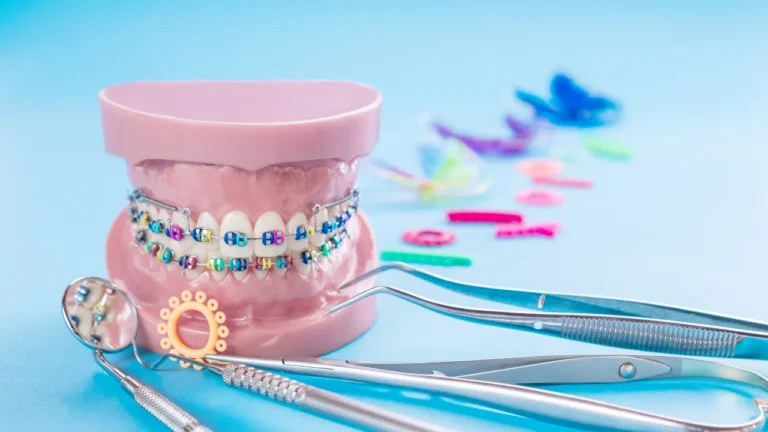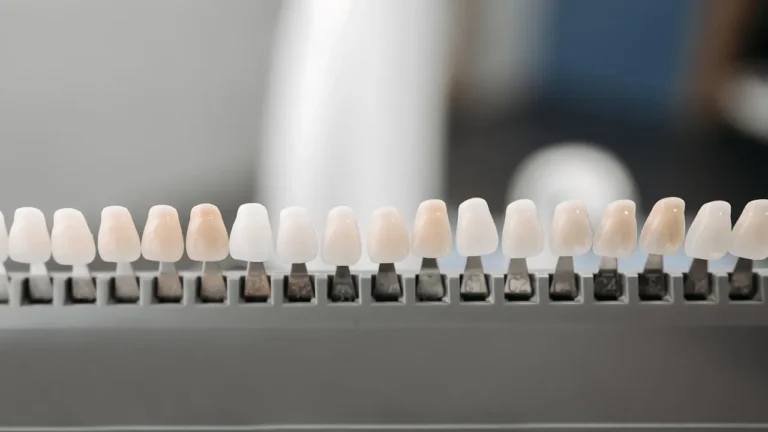Mouth sores, those pesky irritations, can disrupt your daily routine, making eating, drinking, and even talking uncomfortable.
If you’re looking for answers on what causes them, how to find relief, and how to prevent them from returning, this guide is for you!
Common Culprits Behind Mouth Sores
- Infections: Viral infections like the herpes simplex virus (cold sores) and fungal infections (thrush) can lead to mouth sores. Bacterial infections can also occur, especially if you have a mouth injury.
- Injuries: Accidental bites, dental appliances, or sharp/hard foods can injure the delicate tissues in your mouth, causing sores.
- Underlying Conditions: Nutritional deficiencies, certain gastrointestinal diseases, and immune system disorders can contribute to mouth sores .
- Lifestyle Factors: Stress, lack of sleep, hormonal changes, smoking, and spicy/acidic foods can all trigger mouth sores.
Soothing the Soreness: Treatment Options
- Home Remedies: Saltwater rinses, baking soda pastes, and honey applications offer natural relief by cleaning the sore, reducing irritation, and promoting healing .
- Over-the-Counter Solutions: Topical anesthetics numb the area for pain relief, while antiseptic mouthwashes keep the sore clean and prevent infection. Protective pastes or patches create a barrier to aid healing.
- Prescription Medications: Antiviral drugs combat viral infections, while antibiotics or antifungals target bacterial or fungal culprits . Corticosteroids can be prescribed for severe sores to reduce inflammation and pain .
When to Seek Professional Help
If your mouth sores:
- Last longer than two weeks.
- Cause severe pain or hinder eating/drinking.
- Show signs of infection (fever, swollen lymph nodes).
Preventing Mouth Sores
- Practice good oral hygiene: Regular brushing, flossing, and using an antibacterial mouthwash can significantly reduce harmful bacteria . Schedule regular dental check-ups and cleanings for professional intervention.
- Embrace a healthy lifestyle: Eat a balanced diet rich in vitamins and minerals to avoid deficiencies . Stay hydrated and manage stress through techniques like meditation or yoga. Prioritize sleep to keep your body functioning optimally.
- Minimize triggers: Identify and avoid foods/drinks that irritate your mouth, such as spicy or acidic items. If you wear braces or have a cheek-biting habit, consider using a mouthguard for protection.
- Limit tobacco and alcohol: These substances can irritate your mouth and increase the risk of sores.
References
- South African Dental Association. (2023). Oral Health Care Guidelines. Retrieved from SADA https://www.sada.co.za/
- Mayo Clinic. (2023). Mouth Sores: Causes and Treatment. Retrieved from Mayo Clinic https://www.mayoclinic.org/diseases-conditions/canker-sore/symptoms-causes/syc-20370615









